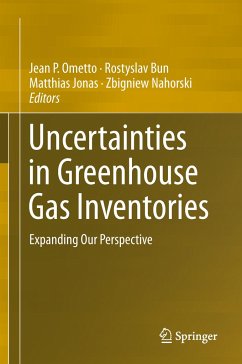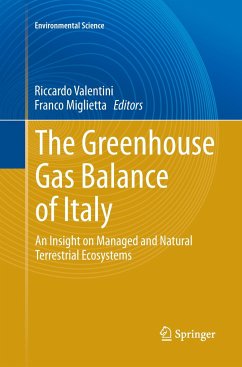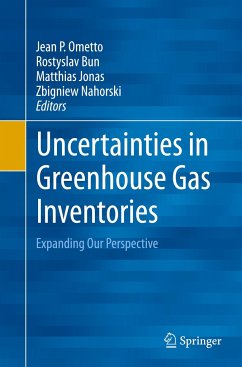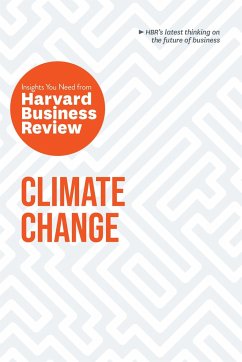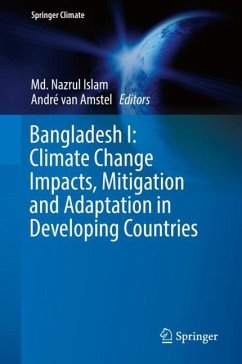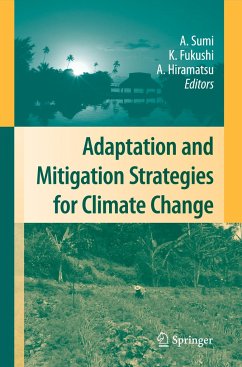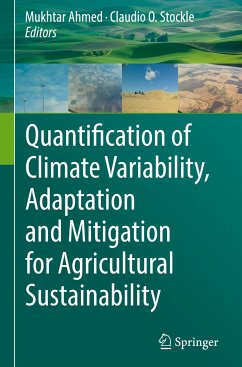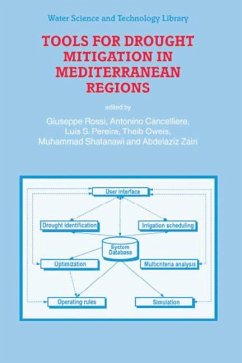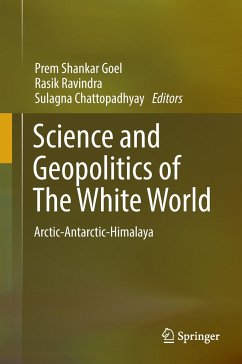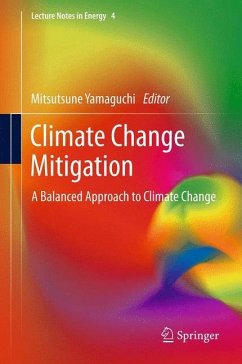Nicht lieferbar

Engineering Strategies for Greenhouse Gas Mitigation
Controlling the level of greenhouse gas in the atmosphere is a rapidly growing area of commercial activity. While debate continues both about the impact of greenhouse gas on climate and the role humans play in influencing its concentration, engineers are faced with less controversial questions of how to manage this uncertainty and how to control greenhouse gases at a minimum cost to society. This book gives a concise review of current knowledge required for engineers to develop strategies to help us manage and adapt to climate change. It has been developed from the author's graduate course in ...
Controlling the level of greenhouse gas in the atmosphere is a rapidly growing area of commercial activity. While debate continues both about the impact of greenhouse gas on climate and the role humans play in influencing its concentration, engineers are faced with less controversial questions of how to manage this uncertainty and how to control greenhouse gases at a minimum cost to society. This book gives a concise review of current knowledge required for engineers to develop strategies to help us manage and adapt to climate change. It has been developed from the author's graduate course in environmental engineering, and is written without technical jargon so as to be accessible to a wide range of students and policymakers who do not necessarily have scientific or engineering backgrounds. Appendices allow readers to calculate for themselves the impact of the various strategies, and the book contains student exercises and references for further reading.





